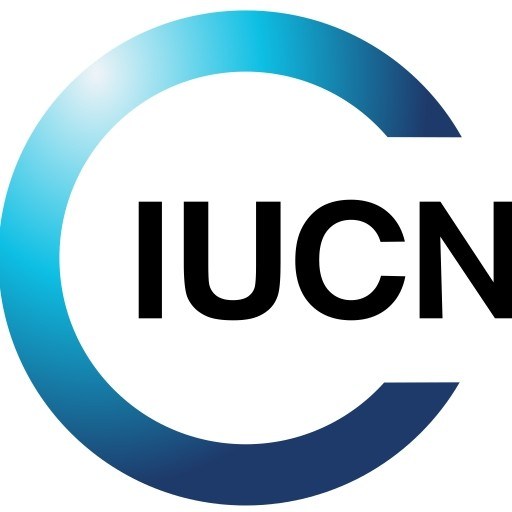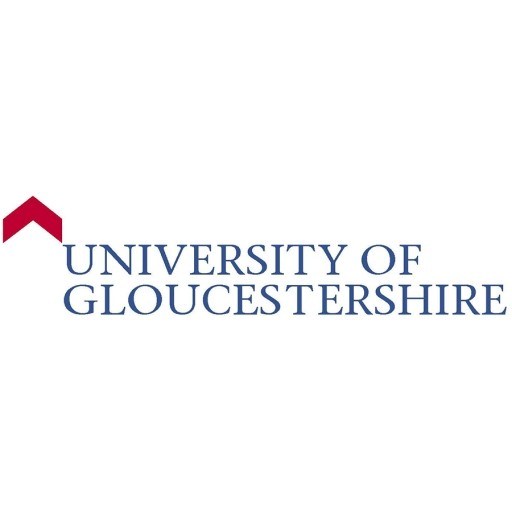Photos of university / #americanpublicu
The Bachelor of Science in Cybersecurity at American Public University provides students with comprehensive knowledge and practical skills essential for a successful career in the rapidly evolving field of cybersecurity. This program is designed to equip students with a strong foundation in computer science, network security, information assurance, and cyber law, preparing them to defend against cyber threats and protect critical infrastructure. Throughout the program, students engage with a curriculum that emphasizes hands-on learning, laboratory exercises, and real-world applications, ensuring they gain the technical proficiency necessary to analyze vulnerabilities, implement security solutions, and respond effectively to cyber incidents. The coursework covers key areas such as cryptography, ethical hacking, digital forensics, risk management, and security policies, allowing students to develop a holistic understanding of cybersecurity practices. The program also explores emerging topics like cloud security, IoT security, and cyber incident response, keeping students at the forefront of technological advancements. American Public University’s online format offers flexibility for working professionals and those with diverse schedules, enabling students to study at their own pace while balancing other commitments. Graduates of the Bachelor of Science in Cybersecurity program are prepared for roles such as cybersecurity analyst, security administrator, penetration tester, or information security manager. They will be capable of safeguarding information systems, mitigating cyber risks, and ensuring compliance with industry standards and regulations. The program's faculty includes experienced cybersecurity professionals and industry experts committed to providing quality education and mentorship. Overall, this degree provides a solid platform for higher education pursuits or entry into a dynamic and high-demand industry that is critical to the functioning of modern society.
The Bachelor of Science in Information Systems Security (Enterprise Security) at American Public University provides students with comprehensive knowledge and practical skills necessary to protect organizational information assets in a rapidly evolving digital landscape. The program emphasizes the development of foundational and advanced competencies in cybersecurity principles, network security, risk management, and security policies. Students will explore topics such as cryptography, secure system design, threat detection, incident response, and compliance with legal and ethical standards in cybersecurity. The curriculum is designed to prepare graduates for roles such as security analysts, security engineers, systems administrators, and cybersecurity consultants. Throughout their studies, students engage in hands-on labs, real-world case studies, and projects that simulate current security challenges faced by enterprises today. The program integrates industry best practices and current technology trends to ensure students are workforce-ready upon graduation. Additionally, students learn about the management of security programs, security architecture, vulnerability assessment, and the implementation of security controls across various enterprise environments. The degree also covers emerging topics such as cloud security, Internet of Things (IoT) security, and data privacy, ensuring a well-rounded education. With a flexible online format, students can balance their studies with professional and personal commitments while gaining valuable insights from experienced faculty members who are experts in the field. Graduates of this program will be equipped to analyze security threats, develop effective security policies, and implement solutions that safeguard organizational data and systems against cyber attacks. By completing this program, students will be prepared to pursue professional certifications such as CISSP, CISM, and Security+, further enhancing their career prospects in the cybersecurity industry. The program reflects the evolving landscape of enterprise security and aims to produce strategic thinkers capable of addressing complex cybersecurity challenges in various organizational settings.
Program requirements for the Bachelor of Science in Information Systems Security (Enterprise Security) at American Public University include a combination of general education courses, core technical courses, and specialization electives designed to prepare students for careers in cybersecurity, network security, and information assurance. Prospective students must hold a high school diploma or equivalent to be eligible for admission. Transfer students with previous college credits should submit official transcripts for credit evaluation, and credits may be considered for transfer if they align with the program curriculum. Additionally, applicants may need to demonstrate foundational knowledge in computer science or information technology through prerequisite coursework or industry certifications. The program emphasizes the development of both theoretical understanding and practical skills in security management, risk analysis, cryptography, security policies, and legal issues related to cybersecurity. Students are required to complete a series of core courses such as Introduction to Cybersecurity, Network Security, Information Assurance, and Ethical Hacking, along with elective modules tailored to enterprise security challenges. Capstone projects are integral to the program, requiring students to apply their knowledge to real-world scenarios and develop comprehensive security solutions. Throughout the program, students are encouraged to pursue relevant industry certifications such as CompTIA Security+, Certified Information Systems Security Professional (CISSP), or Cisco Certified CyberOps Associate, which enhance employment prospects post-graduation. The program also promotes continuous learning through online labs, simulations, and case studies, ensuring that students gain practical experience in securing enterprise-level systems and networks. To graduate, students must complete a minimum of 120 semester credits, maintain satisfactory academic progress, and fulfill any program-specific assessments or internship requirements. Faculty members are experienced professionals with backgrounds in cybersecurity, providing mentorship and guidance throughout the student's academic journey. This comprehensive curriculum is designed to equip graduates with the knowledge and skills necessary to address complex security challenges faced by organizations today and in the future.
The American Public University offers a comprehensive approach to financing studies for students enrolled in the Information Systems Security (Enterprise Security) program. Tuition costs are clearly outlined on the university’s official website, providing transparency for prospective students. As a nonprofit online university, APUS aims to keep education affordable and accessible to a wide range of students, including working professionals and military personnel. The tuition fees for undergraduate and graduate programs are competitive within the online higher education sector, and the institution offers various financial aid options to support students' educational expenses.
Students are encouraged to explore federal financial aid opportunities, including Pell Grants and Direct Loans, which can significantly reduce out-of-pocket costs. The university’s Financial Aid Office assists students in navigating the application processes to secure these federal aid options. Additionally, APUS participates in military and veteran benefits programs such as the G.I. Bill and Tuition Assistance, providing extra financial support for military personnel and veterans pursuing their degrees.
For students seeking private funding, scholarships and grants are available based on merit and need, and students are advised to check the university’s scholarship portal for updated opportunities. APUS also offers payment plans which allow students to distribute tuition payments over time, easing the financial burden. Tuition reimbursement programs offered by certain employers can also be utilized by enrolled students, further mitigating educational costs.
International students, while not eligible for US federal aid, have access to institutional scholarships and are advised to consult with the university’s admissions department for available financial assistance. The university’s focus on affordable education is complemented by resources aimed at helping students understand the financial aspects of their studies and plan accordingly. Overall, financing studies at APUS is designed to be straightforward, flexible, and supportive, ensuring students can manage their educational expenses effectively while pursuing their career goals in cybersecurity and information security.
The Bachelor of Science in Information Systems Security (Enterprise Security) at American Public University is designed to prepare students for careers in cybersecurity, focusing on enterprise security practices and protections. The program emphasizes the principles of information security, cybersecurity management, risk assessment, and the implementation of security solutions within organizations. Students will gain knowledge of network security protocols, cryptography, security policies, and compliance standards necessary to safeguard organizational data and infrastructure.
Throughout the coursework, students will explore various aspects of cybersecurity, including threat identification, vulnerability management, incident response, and the development of security architectures. The program also covers emerging trends such as cloud security, mobile security, and the growing importance of cybersecurity law and ethics. Emphasis is placed on practical skills, with opportunities to engage in hands-on labs, simulations, and security policy development to prepare graduates for real-world challenges.
The curriculum is designed to meet industry standards and prepares students for certifications such as CISSP, Security+, and other relevant credentials that improve employment prospects in the cybersecurity field. The program is flexible, allowing students to study online at their own pace, making it accessible for working professionals or those seeking to advance their careers in enterprise security.
Graduates of the program are equipped to work in various roles, including information security analyst, security manager, cybersecurity consultant, and network security engineer. American Public University provides extensive faculty support, career services, and resources to help students succeed academically and professionally. The program underscores the importance of ethical cybersecurity practices and lifelong learning to adapt to evolving technologies and threats in the cybersecurity landscape. Overall, the Information Systems Security (Enterprise Security) program at American Public University aims to cultivate skilled cybersecurity professionals capable of protecting critical enterprise systems against cyber threats.








